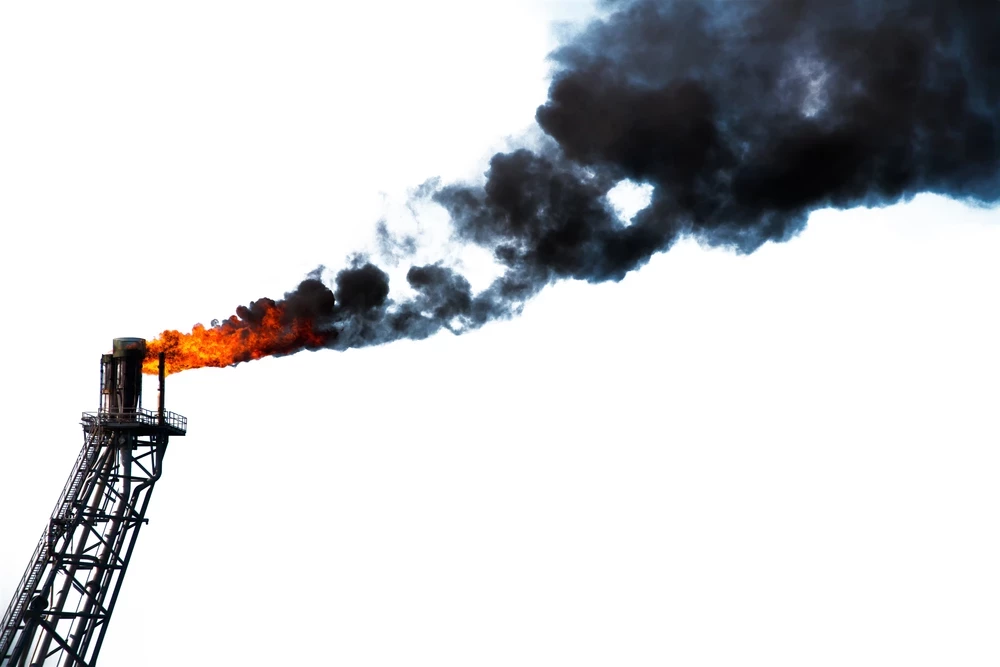The Santos Basin - An Offshore Klondike?
Add bookmarkThe Santos Basin, located in the south Atlantic Ocean some 300 kilometres south east of Brazilian megalopolis Sao Paulo, is one of the world's largest oil prospects.
Extending some 352,260 square kilometres beneath 2km of pre-salt layering, the Basin is home to two of the world's largest recently discovered oil fields, Tupi and Jupiter, which weigh in at a potential 8 BBOe each.
Santos' other pre-salt reservoir, the Carioca/Sugar Loaf field, may itself be more than twice the size of Tupi and Jupiter combined, meaning that Brazil's potential exploitable reserves top out at 50 BBOe.
Full exploitation of these vast oil riches will mean unheard of spending and investment for the South American nation, and interesting times for Brazilian local content.
"More than actually putting a man on the moon"
According to Pedro Cordeiro,a partner at strategic consultancy Bain & Company's Säo Paulo office: "This could be the largest private sector investment programme in the history of mankind - more than actually putting a man on the moon."
He added that: " Not counting new concessions, you will have $1,000bn of investment over the next 10 years. It’s huge."
That investment will catapult Brazil past the likes of China and the United Arab Emirates, cementing the country as the world's fifth largest oil producing nation, only behind Russia, Saudi Arabia, the USA and Iran.
The role of local content in staving off the "Dutch Disease"
In 1977, The Economist coined the phrase the "Dutch Disease"to define the relationship between the increase in exploitation of natural resources and a decline in the manufacturing sector, as experienced by the Netherlands after the discovery of the Groningen natural gas field in 1959.
Many believe that Brazil's pre-salt reserves will catapult the country from an agriculturally-based emerging third world economy to a first world economy in a matter of years. It is precisely that kind of sudden and prodigious growth that finds disturbing parallels in Holland's eponymous syndrome.
To stave off the disease, there are those that think an antidote can be found in the imposition of strict local content policies - that is to say, binding rules that maximise national participation in oil and gas projects through building a skilled native workforce and a competitive supplier base.
The rigs, platforms and tankers that will service and harvest Brazil's reserves in the coming years will be constructed using local suppliers, manpower and facilities instead of outsourcing to third party companies that do not feed directly into the local/national economy.
With theoil industry projected to grow from one tenth of Brazil's GDP to one quarter in the coming decades, this could mean a Klondike Gold Rush effect for Brazilian industry, entraining an internal stampede of labour and commerce, with the door firmly closed on extraneous parties.
Local content: modern day protectionism vs. competitive capitalism
Brazilian national energy company Petrobras has a target of 53 per cent local content for future projects - a 23 per cent rise on its former compulsory allotment. As well as pledging $224 billon to investment in the Santos Basin through 2014, the national government is also seeking to set up a sovereign wealth fund to invest oil gains in improving education, infrastructure and other farsighted goals.
Despite these plans for social betterment, a twofold problem persists: local content is, effectively, a form of tariff and, as such, is an impediment to competitive business and long-term productivity. Secondly, as the sole operator in the Santos fields, there is the danger that a vast nationalised organisation like Petrobras will become stagnant and politically unwieldy.
We must remember that America's Klondike boomed and busted in the space of a decade in the 1890s. If Brazil is to truly capitalise from its new found and god-given riches, it will do well to make sure its experience with the black gold is not a frantic rush, but a measured socioeconomic programme.
[eventpdf]
|
Have Your Say Rate this feature and give us your feedback in the comments section below |





















